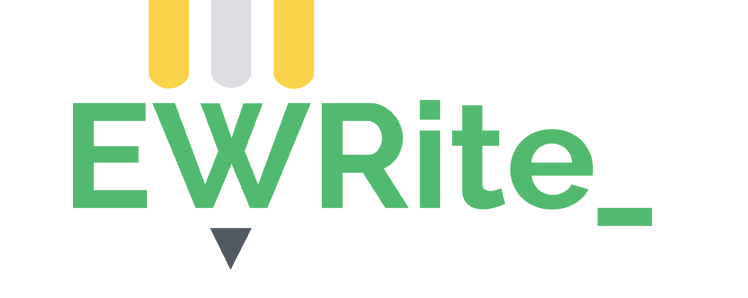6. Writing rebuttal paragraphs
To strengthen the thesis statement, rebuttal paragraphs are written to argue against the points made on the opposing side. They usually come after your main arguments. When writing rebuttal paragraphs, make sure you have supporting evidence and maintain an objective, polite academic style. The following is a rebuttal paragraph by a writer who is against the increasing use of computers in the classroom.
|
It
has been argued by those who support having online computers in class that
students can gain more information from the vast learning resources on the
Internet, and that they can benefit from it anytime at their convenience
(Robinson & Chan, 2018; Smith, 2019). The Internet is indeed a vast
resource of information, but as Wong (2019) points out, information is not
the same as knowledge; and learning is more than receiving information. Real
learning takes place when, after information, there comes formation and
transformation of the knowledge in the mind. According to Wong and Miller
(2020, p. 15), the fact that web pages can be downloaded immediately has
deepened the culture of “instant noodles” among youngsters, resulting in the
younger generation being increasingly impatient and dependent. They tend to
forgo verifying the information they read and are unlikely to spend time synthesising ideas in order to come to their own
conclusion. This suggests that increasing utilisation
of computers in the classroom may lead to under-utilisation
of the brain. |
The
argument to be refuted Rebuttal
with support from sources Concluding
sentence |
About this website
EWRite is an open access online literacy platform for PolyU community that has two major objectives:
- to support PolyU students’ literacy development within and across the disciplines
- to support subject and language teachers to implement system-level measures for integrating literacy-sensitive pedagogies across the university
This platform provides access to generic genre guides representing typical university assignments as well as links to subjects offered by faculties with specific disciplinary genres and relevant support materials.
The materials can be retrieved by students by choosing the genres that interest them on the landing page. Each set of materials includes a genre guide, genre video, and a genre checklist. The genre guide and video are to summarize the genres in two different ways (i.e. textual and dynamic) to fit different learning styles. The genre checklist is for students to self-regulate their writing process. The genre guide and checklist include links to various ELC resources that can provide further explanation to language items (e.g. hedging and academic vocabulary).
The platform also acts as a one-stop-shop for writing resources for students, language teachers and subject leaders. Information about the English Writing Requirement policy can also be found on this platform. There are training materials for new colleagues joining the EWR Liaison Team.


